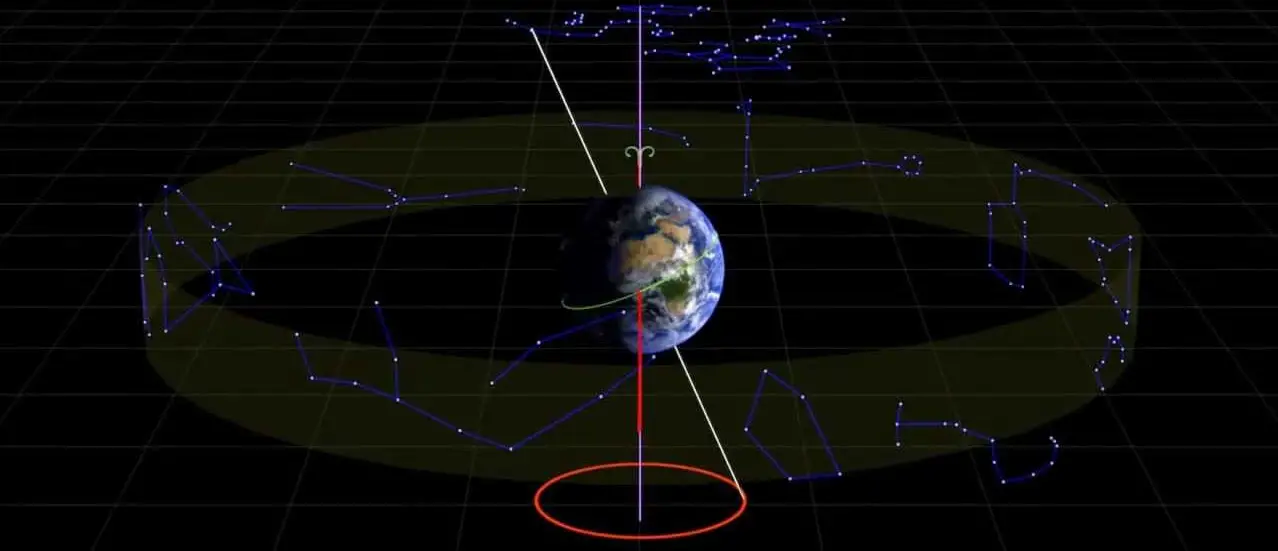di Andrew Casella
It will certainly not go unnoticed by those who are at least a little accustomed to sacred science, a Christian symbol that has always stood out on the facades of churches, adorns manuscripts and is even found on a tarot blade: the tetramorph. This symbol draws its origin from the famous vision of Ezekiel (Ez. 1, 4-28) which St. John later poured into his own Apocalypse. These are four figures that surround the throne of God: the first has the appearance of a lion, the second of a bull, the third of a man and the fourth of an eagle in flight (Ap. 4, 7). Traditionally, these strange figures (which the Apocalypse calls the "Living") are attributed a literary value: in fact, they are the four evangelists, Matthew, Mark, Luke and John. These figures, however, as mentioned, can be found (even more strangely, one might say) also on a tarot blade, and precisely the number XXI, which designates the world.


